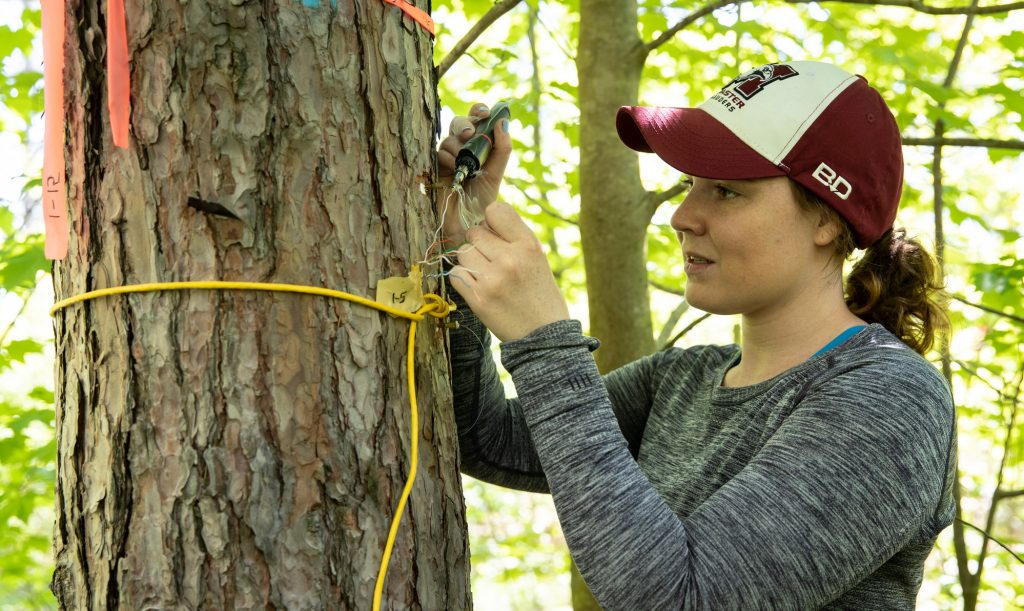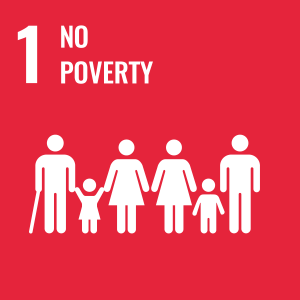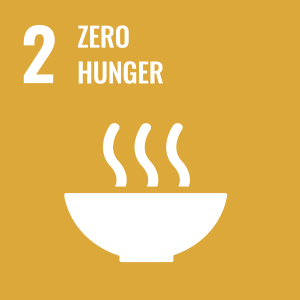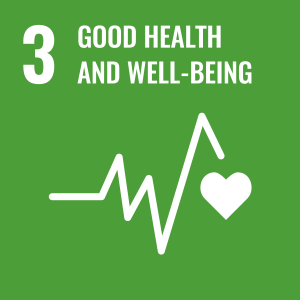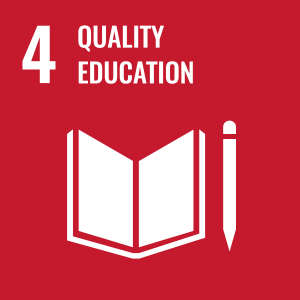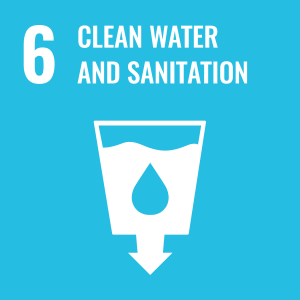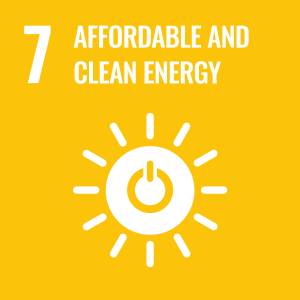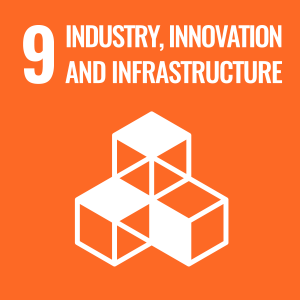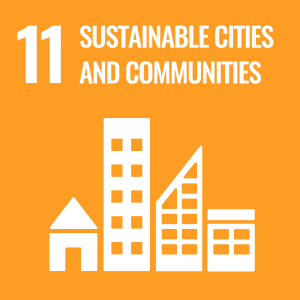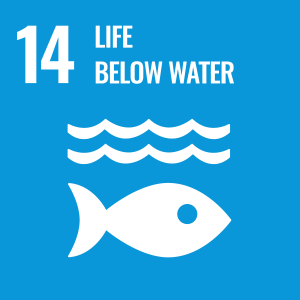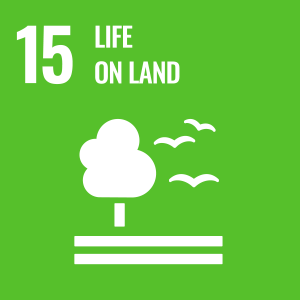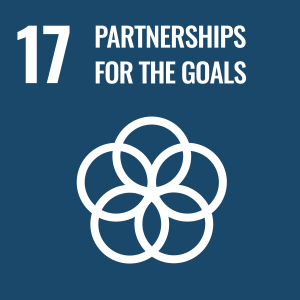Goal 16: Peace, Justice and Strong Institutions
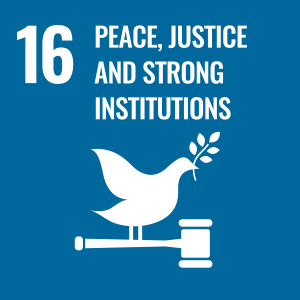 |
Claudia Emerson is upholding ethical standards in global health research, to promote sustainable societies based on inclusive, just and accountable institutions. |
Claudia Emerson, Associate Professor, Philosophy
ETHICS AND ACCOUNTABILITY IN GLOBAL HEALTH RESEARCH
As vaccine tests, genetic selection science and clinical drug trials move at breakneck speed to address some of the most pressing health issues facing humanity, it’s never been more important to explore all the ethical issues related to these breakthroughs.
Before the modern era of medicine, some human infection testing had been exploitive, risky and even involuntary. Accountability could easily take a back seat to expedience.
Not any more. Certainly not on Claudia Emerson’s watch.
Emerson, the director of McMaster’s Institute on Ethics & Policy for Innovation, is a global expert on the ethics of health research, and through her work, holds both science and government accountable.
Some of her most recent work has involved an urgent initiative to establish World Health Organization guidelines for human challenge studies – clinical trials where healthy human volunteers are given a test vaccine and then infected with the pandemic virus.
Featured Stories

McMaster ranks 30th in the world in Times Higher Education University Impact Rankings

Analysis: Tsé Bitʼaʼí and the importance of keeping Diné and Dene stories alive
You’ve probably seen Tsé Bitʼaʼí, the storied geological landmark in what is currently New Mexico. You may have seen it in The Lone Ranger, or . . .

Events underscore humanities and social sciences’ key role in shaping brighter future
Several recent national events dedicated to envisioning a better future have underscored the vital role interdisciplinary work incorporating the humanities and social sciences play in . . .

